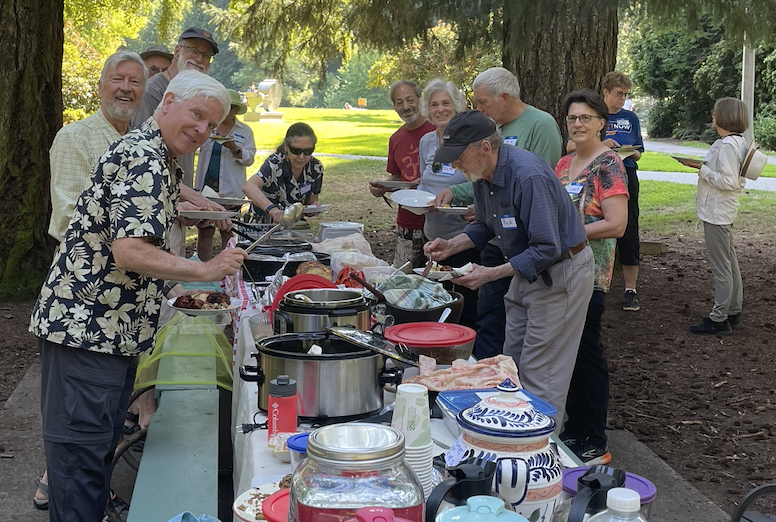
News
MCAT Letter of Support for Oregon Climate Action Commission 2025 Work Plan
We need to do even more to incentivize climate smart forestry….
Protecting Oregon’s Forests: A Call to Align State Forest Management with Climate and Conservation Goals
Introduction Oregon’s forests are not only a source of natural beauty but also a critical resource for carbon storage, biodiversity, and economic stability. The recent communication from the State Forest Coalition Groups to the Oregon Board of Forestry highlights a pivotal moment for…
Standing Firm for Oregon’s Clean Energy Future in Uncertain Times
As the dust settles following the recent U.S. elections, many in the climate community face an unsettling reality about the nation’s environmental trajectory. At this critical juncture, Mobilizing Climate Action Together (MCAT) has joined forces with key environmental advocates to…
MCAT sign-on letter to the OPUC in support of PacifiCorp’s WattSmart program.
This letter was published on behalf of Sierra Club, MCAT, CUB, and OSSIA in response to PacifiCorp’s WattSmart Program. Sierra Club, Mobilizing Climate Action Together (MCAT), the Oregon Citizens’ Utility Board (CUB), and the Oregon Solar + Storage Industries Association (OSSIA) (collectively,…
MCAT Letter of SUPPORT for NEXT Renewable Fuels 401 Water Quality Certification
From: Dr. John Perona, on behalf of Mobilizing Climate Action Together Mobilizing Climate Action Together (MCAT) is a group of experienced volunteer healthy climate advocates affiliated with the Oregon League of Conservation Voters. We write to urge that the Oregon Department of…
Letter submitted for the Listening Tour hearings of the Joint Committee on Transportation. 9/25/24
Dear Co-Chairs Gorsek and McLain and members of the Committee, Our transportation system planning should focus on maintenance and operation of current facilities, on safety improvements to reduce injuries and fatalities, and on modernizing seismic resilience. As the funding streams on…
MCAT joins group issuing guidance to BLM re: Old Growth Forests
BLM Old Growth ProtectionDownload…
Dr. Pat DeLaquil comments to ODE on the Oregon Energy Strategy Modeling
Sept-4 MCAT Comments on Oregon Energy StrategyDownload…
MCAT Transportation Team weighs in on MHD Rulemaking to DEQ
MHD-Rulemaking-Sign-on-letter_-Rule-Adoption-July-19-2024Download…
MCAT Principles for 2025 Transportation Planning
Principles-for-Transpo-Planning-25Download…
MCAT letter to Chief Moore (USFS) re: protection of Old Growth Forests
DEIS-MOG-Sign-on-LetterDownload…
Energy Efficiency Cost Effectiveness to OR PUC, by Dr. Pat DeLaquil for MCAT
Energy-Efficiency-Cost-Effectiveness-MCATDownload…
Dr. Catherine Thomasson responds to BLM re: Cascade-Siskiyou National Monument for MCAT
24.07.05-BLM-Comment-Cascade-SiskiyouDownload…
Dr. Pat DeLaquil comments to 3rd RAC workshop for CRR Restoration Rulemaking
CPP-Rulemaking-RAC-3-Oral-TestimonyDownload…